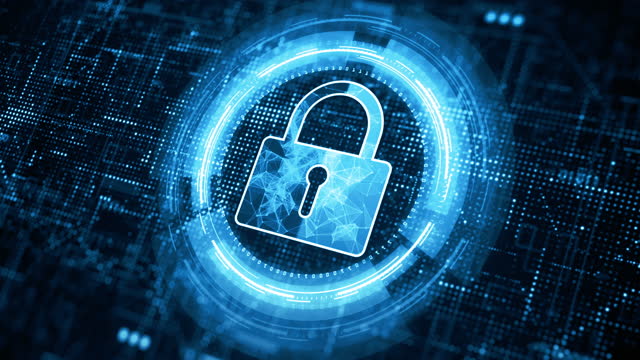The rise of remote work has undeniably transformed the way we work, offering flexibility and convenience. However, this shift to working outside traditional office environments introduces new cybersecurity challenges. To ensure your data and your employer’s information remain secure, here are some crucial cybersecurity tips for remote workers:
Understanding Your Organization’s Policies: Familiarize yourself with your organization’s telework policies. These policies typically outline acceptable locations for remote work, approved devices for accessing work data, and best practices for handling sensitive information. Aligning with these guidelines is the first step towards building a secure remote work environment.
Device Security: Whether you are using a company-issued device or your own, prioritize its security. If your employer allows the use of personal devices, ensure they have robust antivirus and anti-malware software installed and up-to-date. Always keep your operating system and applications updated with the latest security patches. These updates often address vulnerabilities that hackers might exploit.
Network Security: The security of your Wi-Fi network is paramount. Avoid using public Wi-Fi networks for work purposes, as they are often unencrypted and can be easily intercepted. If working remotely from a public location, consider using a mobile hotspot from your cellular provider or a Virtual Private Network VPN provided by your employer. A VPN encrypts your internet traffic, adding an extra layer of security for your data.
Strong Passwords and Multi-Factor Authentication: Using strong, unique passwords for all your work accounts is essential. A password manager can be a helpful tool to create and store complex passwords. Additionally, enable multi-factor authentication MFA wherever possible. MFA adds an extra step to the login process, typically requiring a code from your phone or another device, making it significantly harder for unauthorized access.

Phishing Awareness: Be cautious of phishing emails and calls. Cyber Security attempt to trick you into revealing sensitive information like passwords or clicking on malicious links that can download malware onto your device. Be wary of unsolicited emails, even if they appear to be from legitimate sources. Never click on suspicious links or attachments, and double-check sender addresses before responding.
Data Security: Exercise caution when handling sensitive work data. Avoid storing confidential information on personal devices unless absolutely necessary. If you must download work files, store them on a secure, encrypted drive. Be mindful of what information you share online, especially on social media platforms.
Physical Security: When working remotely, particularly from public places, maintain physical control of your devices. Do not leave your laptop unattended in coffee shops or co-working spaces. Similarly, be aware of your surroundings and avoid working in places where others might easily see your screen or overhear confidential conversations.
Regular Backups: Backing up your data regularly is crucial in case of a cyberattack or accidental data loss. Regularly backing up your work files to a secure cloud storage service or an external hard drive ensures you have a copy of your data in case of an emergency.
By following these cybersecurity tips, remote workers can significantly reduce the risk of data breaches and cyberattacks. Remember, cybersecurity is a shared responsibility. By working together and implementing these best practices, you and your organization can ensure a safe and secure remote work environment.